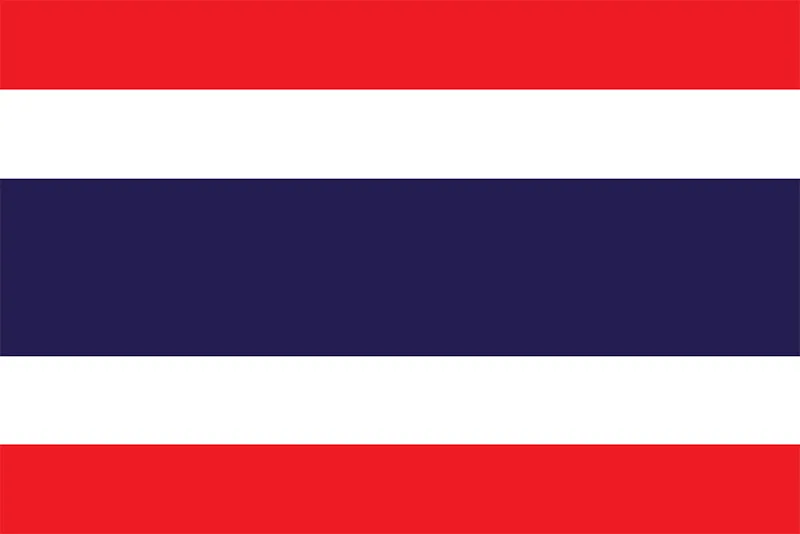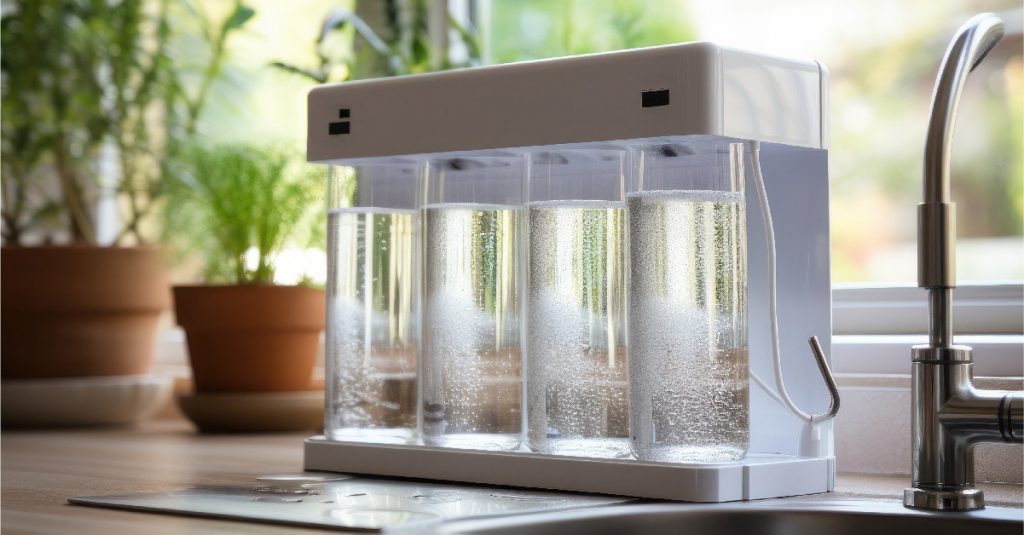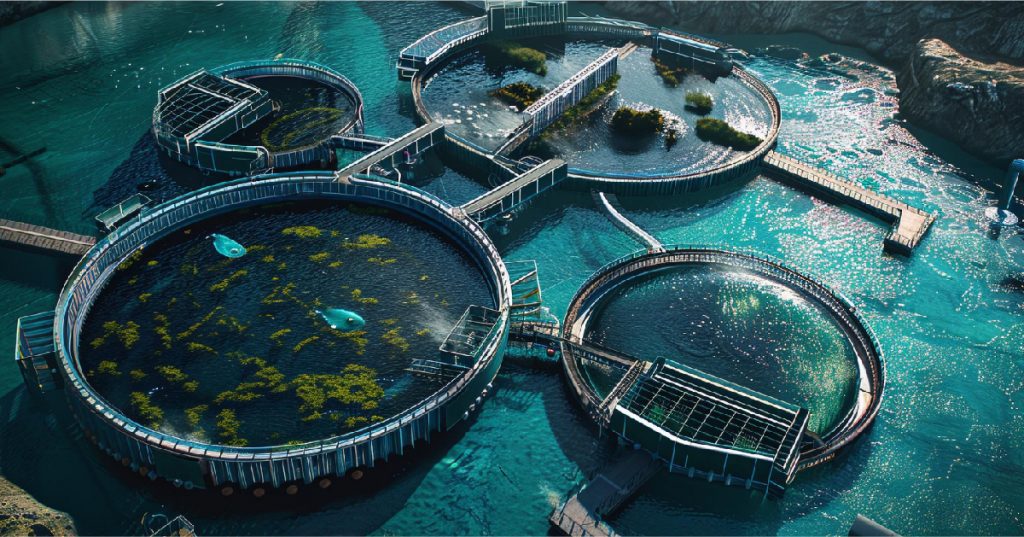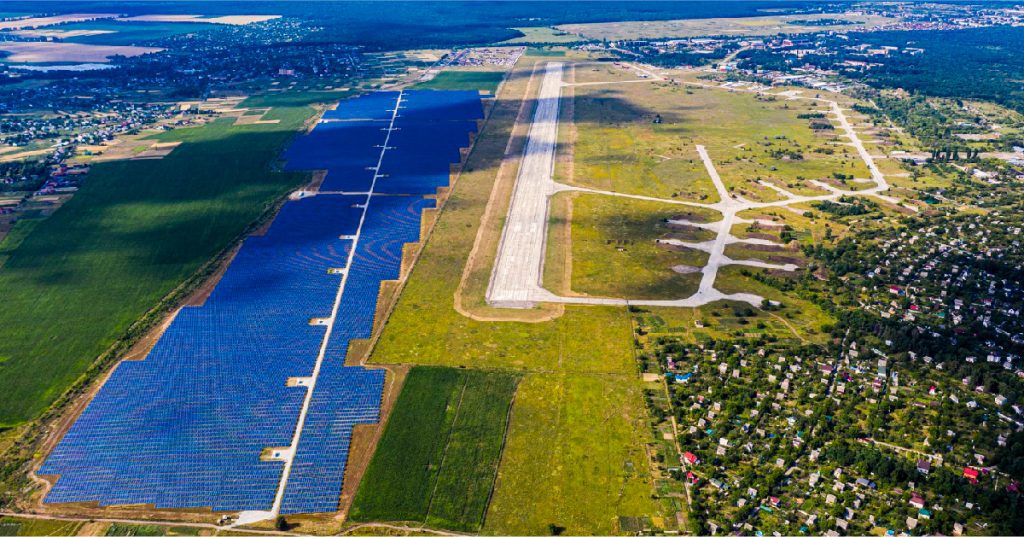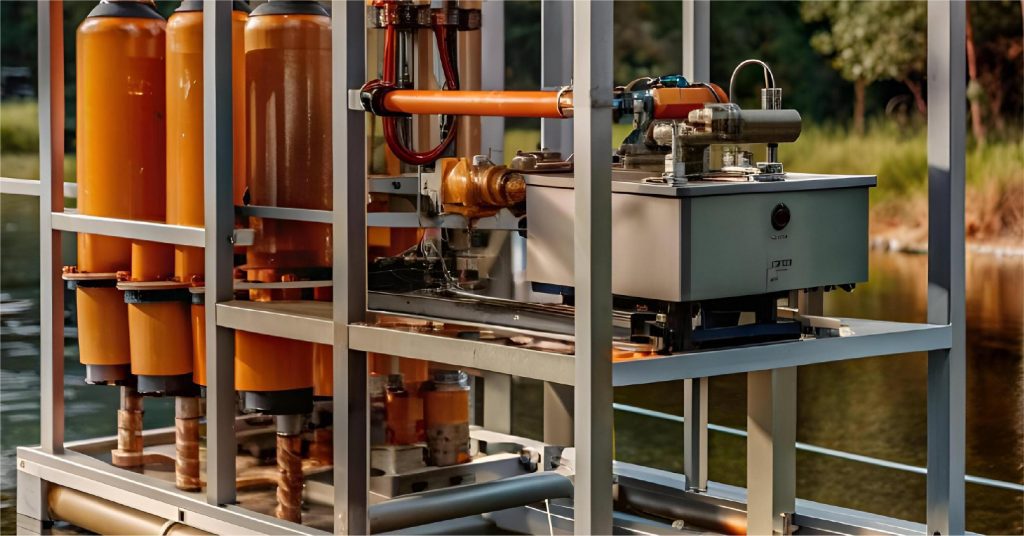Water scarcity and contamination are major concerns in Thailand, making advanced water treatment solutions essential. One such effective technology is ultrafiltration. But what is ultrafiltration, and how does it enhance water purification? Ultrafiltration is a membrane-based filtration process that removes suspended solids, bacteria, viruses, and other contaminants from water, ensuring high-quality and safe drinking water.
Understanding Ultrafiltration Technology
Ultrafiltration operates using an ultrafiltration membrane, a semi-permeable barrier that allows water and small molecules to pass through while blocking harmful particles. This method effectively removes bacteria, viruses, and fine suspended solids, making it a preferred choice for municipal water treatment, industrial processes, and even residential applications in Thailand.
How does Ultrafiltration work?
The ultrafiltration process involves several key steps to ensure optimal water purification:
- Pre-Treatment: Water is first pre-filtered to remove large debris and sediments that may damage the ultrafiltration membrane.
- Membrane Filtration: Water is forced through an ultrafiltration membrane under pressure, which captures contaminants while allowing clean water molecules to pass.
- Post-Treatment: Purified water undergoes additional treatments, such as disinfection or mineral balancing, to ensure it meets safety and quality standards.
Advantages of Ultrafiltration in Thailand
The use of ultrafiltration in water treatment offers numerous benefits:
- Superior Filtration Efficiency: Removes up to 99% of bacteria, viruses, and suspended particles.
- Chemical-Free Process: Unlike conventional treatments, ultrafiltration does not require chemical additives, making it an environmentally friendly option.
- Cost-Effective: Reduces operational costs by lowering energy consumption and maintenance needs.
- Versatile Applications: Suitable for drinking water purification, wastewater treatment, and industrial water reuse.
How Ion Exchange Offers Efficient Ultrafiltration Systems?
Ion Exchange is a leading provider of water treatment solutions in Thailand, offering a range of ultrafiltration systems designed to meet the diverse needs of its clients. The company’s expertise in water treatment ensures that each ultrafiltration system is tailored to the specific requirements of the application, whether it’s for residential, commercial, or industrial use.
HYDRAMEM – Ultrafiltration Membrane
It is a tangential flow, a pressure-driven process that effectively filters particles based on their molecular size. With pore diameters ranging from 10 to 200 Å (0.001 to 0.02 microns), ultrafiltration membranes allow solvents and smaller species to pass through, resulting in a purified ultrafiltrate known as permeate, while larger particles are retained and concentrated. These membranes are reusable and can be cleaned with standard chemicals, making them highly efficient for continuous use. Ultrafiltration in process water treatment ensures the removal of nearly all particulate matter, suspended solids, bacteria, viruses, pyrogens, and colloidal materials, including non-reactive silica, iron, aluminum, and high molecular weight organics, making it essential for pharmaceutical and industrial applications.
Conclusion
With increasing concerns over water quality and availability in Thailand, ultrafiltration stands out as a reliable and sustainable solution. Understanding what is ultrafiltration and its benefits can help industries and communities adopt effective water treatment measures.
